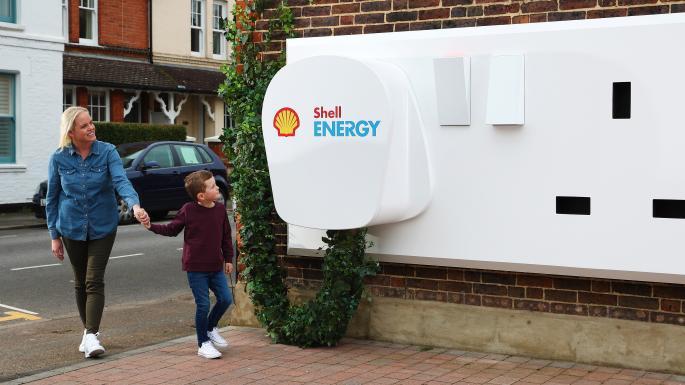Shell Energy has been appointed as Supplier of Last Resort (SoLR) for Green Supplier Limited, which collapsed last week.
It will take on the company’s approximately 255,000 domestic customers, as well as a small number of non-domestic customers.
Green was one of the latest in a string of small suppliers to have gone bust in recent weeks amid record high gas prices. It shuttered on the same day (23 September) as Avro Energy, whose customers have been taken on by Octopus Energy.
They followed People’s Energy, whose customers were taken on by British Gas, and Utility Point, whose customers were taken on by EDF, both of which failed on 14 September. The week before, PfP Energy and MoneyPlus Energy also went bust, with British Gas appointed as the SoLR for their collective 96,600 customers.
These come on the back of a tumultuous few years for suppliers, with Hub Energy, Green Network Energy and Simplicity Energy all closing earlier in 2021 and Yorkshire Energy, Tonik Energy, Effortless Energy and GnERGY doing so in 2020.
In particular, the high wholesale power prices over the past month have driven small suppliers and those who were not hedged against such to failure. This has been driven by record high gas prices, which have risen by 250% since the beginning of the year, along with lower wind generation than expected and outages including the IFA interconnector, which suffered a major fire earlier in September.
As Britain moves into winter, further supply constraints are likely to put pressure on the energy system, National Grid ESO has warned. This could also drive up prices at points, challenging unhedged suppliers.
Recent research from Baringa for The Times has suggested that 39 suppliers could fail in the next 12 months, which would leave just 10 in the market.
Taking on Green’s customer base will help bolster Shell Energy’s, after it highlighted falling customer numbers as a key reason for its almost £32 million loss for 2019.
At the time, Shell Energy hit out at “unsustainable, below-cost pricing across the market” attracting customers away from the company to rival suppliers, many of which then shuttered.






